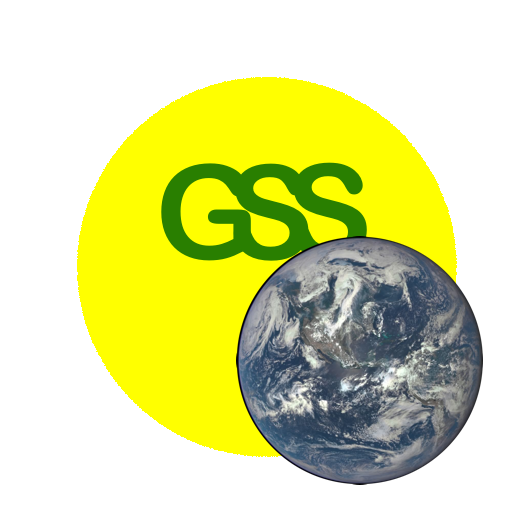Author: Zach
DEW1.4. Creating Colors
{ Digital Earth Watch Contents } { All GSS Books } Materials: Software: ColorBasics* Charts: Tri-color Creation Chart Tri-color Prediction Chart Tri-color Reference Chart *The author of ColorBasics software, John Pickle, has a website where you can find new web-based apps on his website’s Color Vision page: Detect Change in Color Detect Differences Between Colors […]
DEW3. Analyzing Plants and Ecosystems
Chapter 3 { Digital Earth Watch Contents } Plants are indicators of the quality of the local environment that impacts all living creatures in the area. Can we examine plants to be able to read their signs of an unhealthy environment and be able to identify the causes of the problems? To do that, it’s […]
DEW2. Measuring With Digital Images
Chapter 2 { Digital Earth Watch Contents } I. The Power of Digital Images With the inventions of the computer and the Internet, many of us use digital cameras or cameras in smart phones as tools to record memories by capturing images of objects. But digital images are now more than just a way to […]
DEW1. Digital Image Basics
Chapter 1 { Digital Earth Watch Contents } Of our five senses, sight provides near-instantaneous information over a large range of distances and space. So it is no coincidence that people use a plethora of images to convey a rich variety of data: photographs, maps, drawings, paintings, movies, text documents, signs, etc. With the inventions […]
Digital Earth Watch
The Digital Earth Watch (DEW) project grew from a NASA grant project titled Measuring Vegetation Health. Its goal was to teach about how monitoring the health of vegetation can be done at various scales: from individual plants to large scale ecosystems. See Overview. Contents Chapters Investigations Challenges 1. Digital Image Basics 1.1 How Is Light […]
About Self-Organizing Systems
{ To Index of GSS Books } Self-Organizing Systems: A Unifying Paradigm for Science Education Richard Golden and Cary Sneider April, 2013 Nature, in the systems view, is a sphere of complex and delicate organization. Systems communicate with systems and form supersystems. Strands of order appear and out of increasingly complex levels of organization novel properties […]
About Science Education Standards
Although development of Global Systems Science began long before even the National Science Education Standards (NSES), it still addresses many of the standards even in the current era of Next Generation Science Standards (NGSS). We are working on useful mappings of GSS material to NGSS performance expectations, disciplinary core ideas, crosscutting concepts, and science & […]
About Activism or Education
{ All GSS Books } Implications for Achieving Science Literacy by Dr. Cary I. Sneider, Vice President for ProgramsMuseum of Science, Science Park, Boston, MA 02114-1099 Presented at the International Geoscience and Remote Sensing Symposium (IGARSS 2000, IEEE) Conference in Honolulu, Hawaii, July 24-28, 2000. In the post-Sputnik era the goal of science education in the United […]
About FAQ
{ All GSS Books } Frequently Asked Questions How do I get and implement GSS? Are there PDF versions of the GSS books that are better for printing? Is GSS up to date/How does GSS stay up to date? Answers: If I have suggestions for improvement, find errors, or notice issues (links that don’t […]
PG8C. Stay Current—Choosing a World
Staying current for Chapter 8 See non-chronological resources { Population Growth Contents } 2025-06-23. The MTV Reality Star in Trump’s Cabinet Who Wants You to Have More Kids. By Caroline Kitchener, The New York Times. Excerpt: …Over three decades, Americans have watched him evolve from a sex-hungry 25-year-old on MTV’s “The Real World,” gyrating with […]

